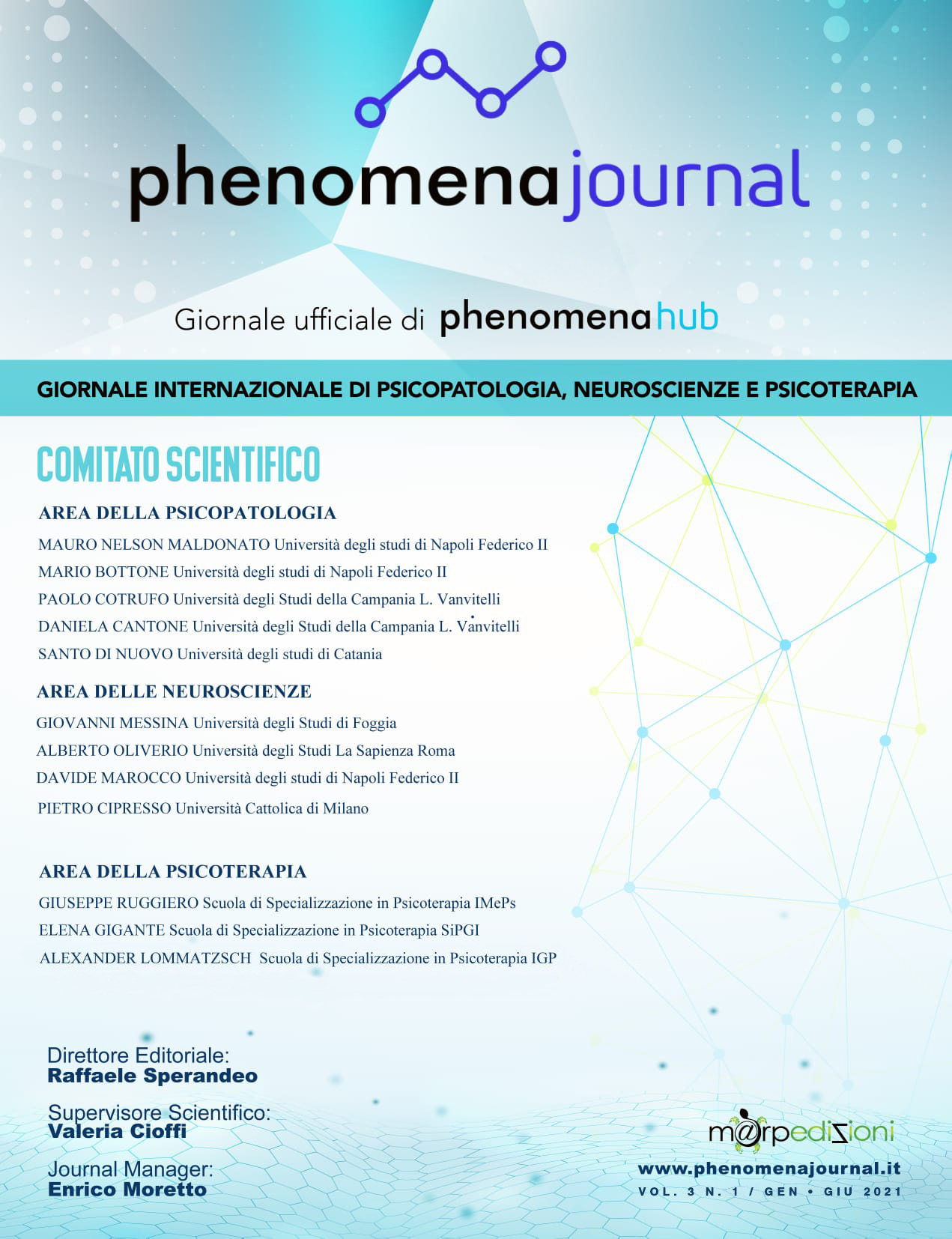Published 2021-03-13
How to Cite
Abstract
The ability to improvise is one of the elements that characterize human action. Improvisation, however, has always been subjected to a lack of interpretation: it is considered an activity without rules and references, and in this way it is contrasted with activities based on specific rules and protocols that would seem to be a guarantee of rigor and "seriousness". But improvisational practice is certainly something much more defined and profound than the simple description used in the common mental representation. Improvisation research can inform basic cognitive neuroscience because it provides an original look at how experience gained can shape the structure and functions of the brain. The elective field of this research field is represented in the musical one. The question of the ways in which musicians improvise and the knowledge of the brain regions that are activated during musical improvisations seems to be relevant not only for the discipline that studies the "psychology of music" in the strict sense, but it can shed light on mental processes involved in psychotherapeutic practice. Within it, in fact, it is possible to recognize the action of that mechanism of reorganization and adaptation of the knowledge, acquired by the professional, to the experience that is occurring in the here and now of the therapeutic situation, a mechanism that we have seen to be at the base of any improvisational action.

